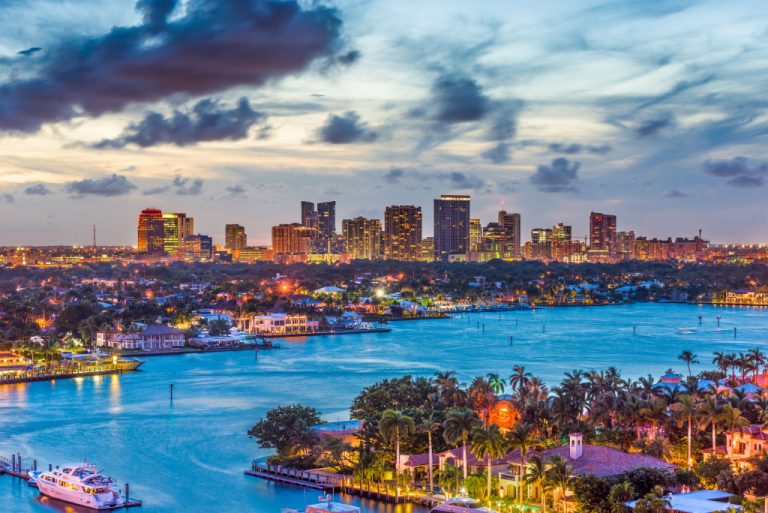Buying a waterfront property is one of the most expensive purchases you can make. It’s not just about the home; it’s also about access to the water. And while many people think that living on or near water will automatically bring them happiness and peace of mind, they don’t realize how much work goes into maintaining access to such an important resource.
So before you take out your checkbook for this significant purchase, here are some important things to consider:
Accessibility to Water
The most important thing to look for in a waterfront property is access to the water. If you have to drive several miles to get your boat into the water, then that purchase will not be worth it. You need direct access from your backyard or driveway into the water. Not only will this save time, but it will also save you money. Time is money, and the more time it takes to get your boat into the water, the less money you can make or spend with your friends and family enjoying life on the lake.
Accessibility to Amenities
Just because you’re looking to buy a waterfront property doesn’t mean you have to treat this purchase differently. You’ll need to consider how close your potential home is to hospitals, schools, supermarkets, and other comforts. You’ll also need to look at the traffic situation, especially during rush hour.
Suppose you’re planning a get-together out on the water but your boat can’t hold that many people. Especially for oceanfront or coastal properties, you’ll want to rent a larger luxury boat like a yacht so you can accommodate guests, food, entertainment, etc., for get-togethers.

Accessibility to Your Dock
Another concern is access to docks and marina slips if that property has one. Even though these things might not be visible from the street, you should always ask if there is public access to the docks and if the marina has docking space for sale. If it does, that’s a good sign because it means that your boat will only be one of many who use that dock or slips.
There can be nothing worse than waiting for your turn to dock or having a limited number of boating days because the marina doesn’t have enough space. You should also consider beach space, as this is a great way to relax and spend the day with your family.
Sewage Plans
Ask where sewage will go if it can’t be used in one spot on your property. You also want to know if the sewage system is sufficient to handle any future expansion needs, such as a new home on your land or docking space for an additional boat. If you live in a wet area with frequent storms during the summer months, flooding can also become a major problem. If the sewage goes to a septic tank, make sure you know how old it is and what condition it’s in.
Do Your Research
If you’re looking at waterfront properties, you should look into the rules and restrictions for living on or near water. You’ll want to find out what limits there are where you can locate your dock. For example, suppose you have a shallower-draft boat. In that case, the property might only offer deep-water moorings or marina slips that are too deep for your use. You should also look into rules about dredging and water depth control. Is there any way to control the tides on future flooding? These are important questions since they can affect your daily life and enjoyment of living on the water.
Price
Last but certainly not least, you need to look at the property’s price. If a property is priced too low for its size, demand, location, etc., there might be some serious issues. This can include structural damage or problems with sewage systems or access to the water. If the price is too high for its location, then you might be tempted to lower it or find another property that better suits your needs.
Usually, buyers of waterfront properties pay for special premiums looking for a more peaceful place with direct access to water features. Always remember that waterfront can equal a fish tank, so don’t forget to do your homework on the property and its environment.
Other Considerations
Before you sign a deal on any property, make sure to check for legal problems. In some states, the land automatically reverts to the owner of the water if it hasn’t been used in a certain amount of time. For example, in Virginia, water might revert from a leaseholder to a private owner after five years of non-use. Make sure you check on this if you’re not planning on living there permanently or don’t plan to use the water very often.
Check your property deed for any clauses dealing with waterfront access. For example, if there are water rights, can others use this? Or do they revert to the owner at a specific time? Also, check for land-use clauses that may limit the number of boats allowed. Finally, find out if there are any covenants or restrictions on septic tanks, sewage treatment plants, or other related items.
If you’re thinking about purchasing a waterfront property for its direct access to water features, make sure you do your research first. Try checking things like property deeds, sewage treatment, and planning permissions before you sign a contract. With these tips in mind, finding the perfect waterfront property should be much easier.



